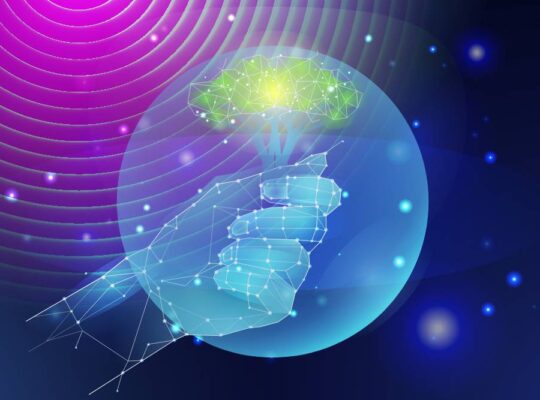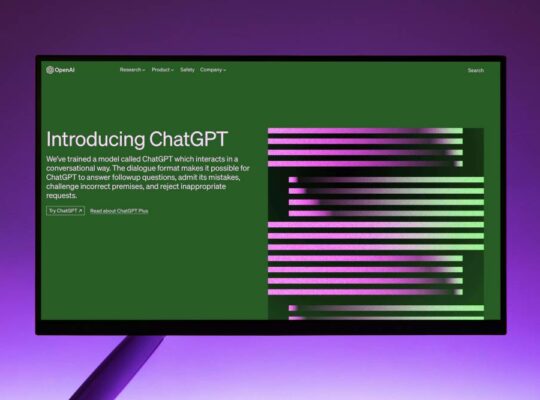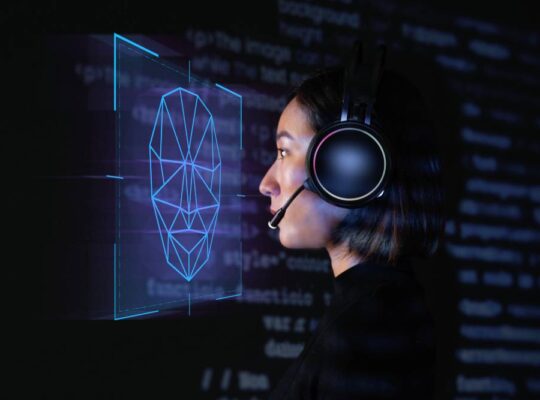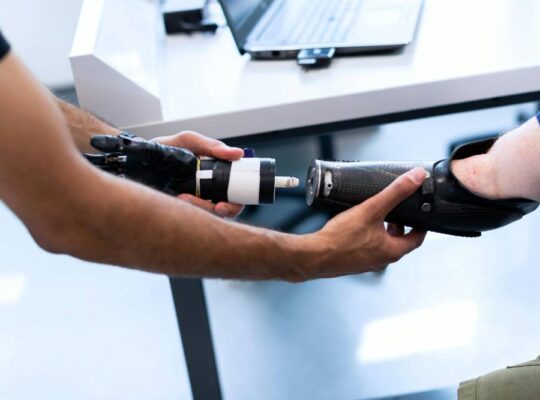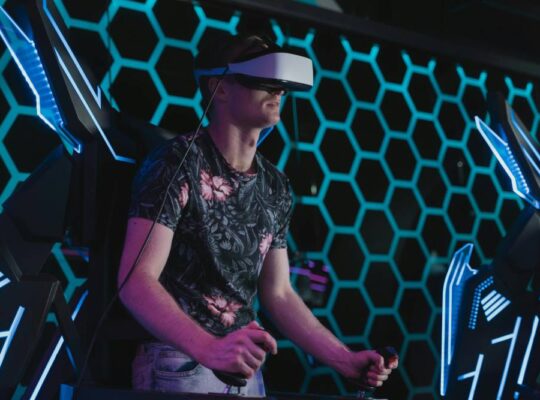AI in Education: Transforming Learning Experiences
Artificial Intelligence (AI) is revolutionizing the education sector, reshaping the way students learn, teachers teach, and educational institutions operate. By harnessing the power of machine learning, natural language processing, and data analytics, AI is providing personalized learning experiences, streamlining administrative tasks, and improving overall educational outcomes. With its potential to enhance both teaching and learning, AI is not just a passing trend but a transformative force that is changing the future of education.
Personalized Learning Pathways
One of the most significant impacts of AI in education is its ability to provide personalized learning pathways for students. AI-driven platforms analyze a student’s strengths, weaknesses, learning pace, and preferences to create customized educational experiences. Through adaptive learning technologies, AI can recommend resources, adjust the difficulty level of assignments, and offer targeted feedback. This personalized approach helps students to learn at their own pace, addressing individual needs and ensuring that no one is left behind.
For example, AI-powered tools like intelligent tutoring systems can provide real-time guidance and support to students, offering additional explanations and helping with problem-solving. These tools can adapt to the student’s learning style, offering visual aids, interactive exercises, or even verbal explanations based on their preferences.
Enhanced Teacher Support
AI is also enhancing the role of teachers by providing them with tools to better understand their students’ needs and track their progress. Through AI analytics, educators can gain valuable insights into student performance, identifying patterns and trends that may not be immediately obvious. This enables teachers to intervene early when a student is struggling or provide enrichment opportunities for those who excel.
AI-powered grading systems also save teachers valuable time by automating the grading of assignments, quizzes, and tests. This allows teachers to focus more on interactive and creative teaching methods, while the AI handles repetitive tasks, ensuring a more efficient learning environment.
Intelligent Virtual Assistants and Chatbots
AI-driven virtual assistants and chatbots are making a significant impact in education, providing students and teachers with instant access to information. These AI tools can answer questions, offer learning resources, and even help with administrative tasks such as course registration and timetable management. Virtual assistants are available 24/7, providing students with support outside of traditional school hours, which is especially beneficial for online learning environments.
In higher education, chatbots are increasingly used to guide students through complex administrative processes, helping them with tasks such as applying for financial aid or navigating course catalogs. AI chatbots also help students stay engaged by providing reminders about deadlines, assignments, and upcoming exams.
Streamlining Administrative Tasks
AI is transforming the administrative side of education by automating routine tasks such as scheduling, enrollment, and record-keeping. AI-driven systems can manage student data more efficiently, reducing human error and freeing up staff time for more meaningful activities. For example, AI can predict when a student may need additional support, allowing institutions to proactively address potential issues before they become major problems.
Improving Educational Accessibility
AI is also helping make education more accessible to a diverse range of learners. For students with disabilities, AI-powered tools such as speech recognition, text-to-speech software, and visual recognition systems provide new ways to access learning materials. These tools can convert written text into speech for visually impaired students or offer real-time captions for students with hearing impairments.
Additionally, AI-driven language translation tools are breaking down barriers for non-native speakers, enabling them to learn more effectively in multilingual environments. This fosters inclusivity, ensuring that all students, regardless of their background or abilities, can benefit from high-quality education.
The Future of AI in Education
The potential of AI in education is vast, and its integration is still in the early stages. As AI technologies continue to evolve, their impact on education will only grow. Future advancements in AI could lead to even more sophisticated learning platforms that are capable of delivering highly tailored, immersive, and engaging educational experiences. Virtual classrooms powered by AI, combined with augmented reality (AR) and virtual reality (VR), could transform the way subjects are taught and learned, creating interactive and experiential learning environments.
In conclusion, AI is playing an increasingly central role in transforming education, offering personalized learning experiences, enhancing teacher support, streamlining administrative tasks, and improving accessibility. As these technologies advance, the future of education will be more efficient, inclusive, and engaging for all students, ensuring that AI continues to reshape learning for generations to come.
Looking for a SEO based Website CLICK HERE
GO BACK TO HOME



